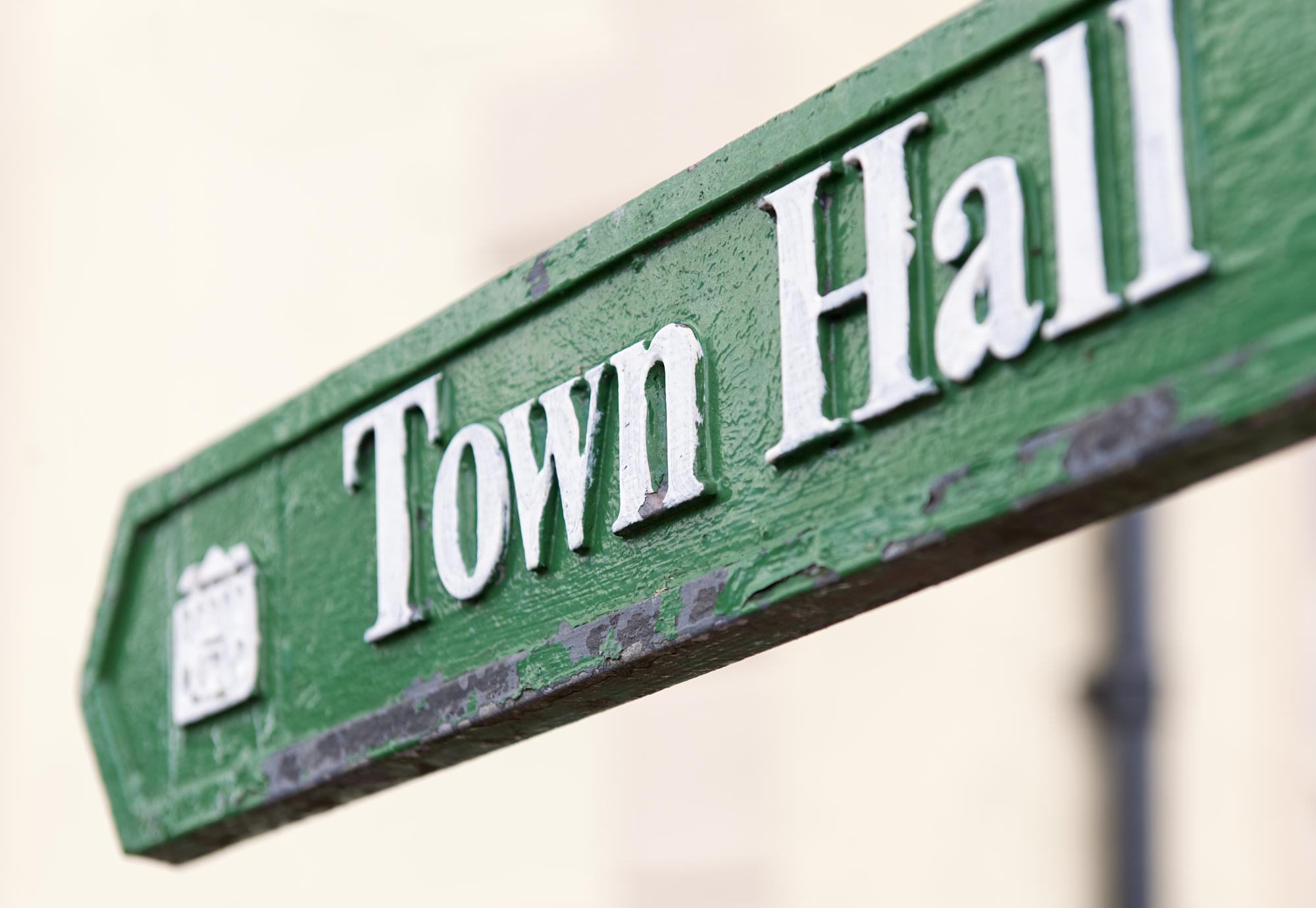The District Council’s Network (DCN) has responded to pressure on the Government to combine county council and district council together into a unitary body.
The response comes in relation to a report published by the DCN that sets out problems with forming unitary bodies across England.
One of the issues raised mentions forecasts for savings across councils, as was brought up by the County Council Network (CCN) last week.
In the report, it says:
“The primary case for county unitary councils focuses on achieving scale and savings. However, as a House of Commons briefing for MPs summarised in 2019, all the evidence is clear that increasing scale is no guarantee for increasing efficiency or improving public services.
“Although there might be some benefit of delivering some services at different levels, including having some services more local, evidence points to other factors playing a more influential role in service delivery and efficiencies, such as political and officer leadership.”
According to the DCN, proposed unitary councils would mean that the average council would be 122 times larger than Germany, 14 times larger than Denmark and 5 times larger than the current average in England.
In the statement by the DCN, it said:
“The Government’s own advice demonstrates that the ‘bulk buying’ approach from enormous councils does not translate into cost savings or performance gains, that evidence shows that as authorities get much larger service delivery gets bogged down in more committees and layers of management that work against efficiency and the ability to respond quickly to events and to be truly accessible to residents and local businesses.”
The District Council’s Network argues that Britain already has some of the biggest councils in Europe and by merging councils together, the voices of many residents could be diluted.
If the proposed plans go ahead, there will be more local councils concentrated in London than in shire counties across England.
Cllr John Fuller OBE, Chairman of the District Councils’ Network, said:
“The coronavirus crisis has demonstrated emphatically that local works best, and that bigger is rarely better. The Government’s own evidence points that way too.
“Any proposals to abolish districts and transfer services into new enormous councils would be absolute folly and uproot local Government from local communities. The evidence is clear that bigger local Government is not better or cheaper local Government.
“Devolution means decisions being taken at the level closest to the people affected by those decisions, not centralising them into administrations with populations way over a million people, and across geographies almost as large as Northern Ireland.”



















